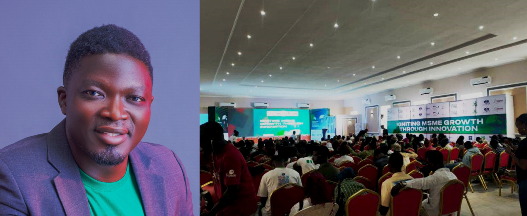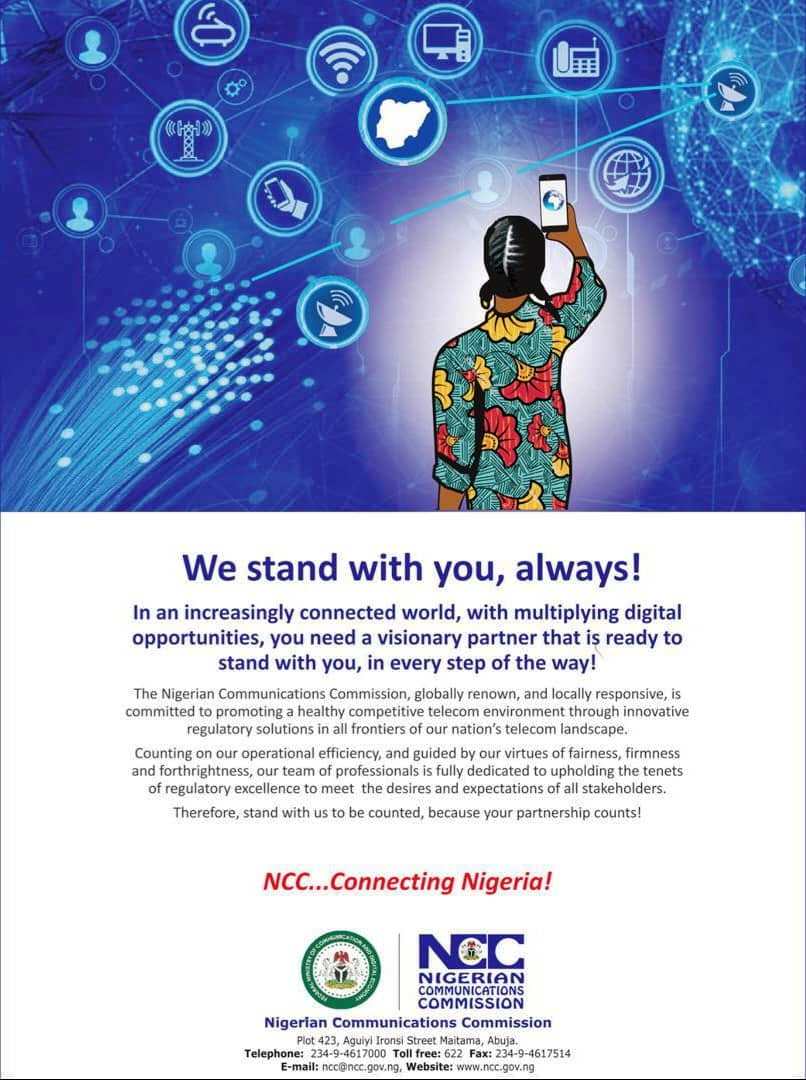In an exclusive interview with Nana Theresa Timothy of ITEdgeNews.Africa, Mr. Adamu Bala Fun, Advisor on Access to Markets and Sustainable Infrastructure at GIZ-SEDIN, shared critical insights into the challenges facing Micro, Small, and Medium Enterprises (MSMEs) in Nigeria, and why readiness, not just resources, is the missing piece in driving growth and sustainability.
Speaking on the sidelines of the HackJos 2025 Innovation Summit in Jos, Mr. Bala Fun highlighted the importance of supporting MSMEs through structured clusters rather than treating them as isolated entities. According to him, GIZ’s current approach has evolved over time to ensure that interventions truly address the core needs of small businesses.
“We initially worked with individual MSMEs, but that approach wasn’t very productive,” he explained. “Now we focus on MSEs organized in clusters because it becomes easier to support them, especially in areas like infrastructure and shared facilities. This approach helps reduce the cost of production and makes them more competitive both locally and internationally.”
Tackling Competitiveness Through Shared Infrastructure
Bala Fun noted that one of the biggest reasons Nigerian products struggle to compete in both local and foreign markets is the high cost of production.
“It’s cheaper to buy Chinese goods in Nigeria than Nigerian-made goods,” he said. “But if we can drive down production costs through shared facilities and better infrastructure, local products will become far more competitive.”
RELATED: Nigeria launches market access tool and intra-African cargo corridor to empower MSMEs under AfCFTA
He emphasized that competitiveness goes beyond pricing, it’s about building efficiency, ensuring quality, and meeting regulatory standards that open doors to premium markets.
Regulatory Compliance: The Hidden Barrier
When asked about the key challenges MSMEs face, Bala admitted that it’s difficult to pinpoint just one. However, he highlighted regulatory compliance as one of the most persistent barriers preventing small businesses from scaling.
“We realized that many MSMEs want access to premium markets, like supermarkets and export opportunities, but they lack the basic certifications required to get there,” he said.
To address this, GIZ began connecting MSMEs with consultants and supermarket chains to help introduce their products to bigger platforms. However, a shocking discovery soon followed.
“Out of 150 MSMEs registered on our platform, only two had the required certifications such as NAFDAC and SON. That’s a huge gap. Many MSMEs are simply not ready for the opportunities that come their way,” Bala Fun revealed.
He added that even when given access to support, many MSMEs fail to follow through. “We linked some of them with the Standards Organisation of Nigeria (SON), but most never completed the onboarding process,” he said. “When I followed up with SON recently, only a few had shown up. That’s worrying.”
Mindset and Readiness: The Real Issue
Asked why many MSMEs seem unprepared, Fun pointed to a mix of mindset, poor business planning, and a misunderstanding of what it takes to build a sustainable enterprise.
“Many MSMEs say they lack the resources to meet compliance requirements. But the truth is, if you don’t have the resources to set up your own systems, who do you expect to do it for you? Business is serious business. You must position yourself to attract investment,” he said.
He admitted that while some regulatory processes can be cumbersome, the government and its agencies have made significant progress in simplifying them. “For instance, NAFDAC registration can now be done here in Jos, you don’t have to go to Lagos anymore. So these processes are getting closer to the people,” he said.
Bala Fun’s advice to MSMEs is simple: compliance is non-negotiable. “Regulations exist for a reason. We have to make do with what’s available and keep improving. Businesses that want to scale must take compliance seriously.”
Why GIZ Doesn’t Give Out Cash
On GIZ’s approach to supporting small businesses, Bala was quick to clarify that the organization does not provide direct financial handouts. Instead, GIZ focuses on strengthening entire value chains by linking MSMEs with financial institutions and other ecosystem players.
“We don’t give money because we don’t want to distort the business ecosystem. Our goal is to make the system self-sustaining. There are financial institutions whose business is providing access to finance — they make profits just like you do. So we link MSMEs to those institutions instead of cutting the chain midway,” he explained.
He further noted that MSMEs must explore alternative financing options such as invoice discounting and non-traditional lending. However, these opportunities are only available to those who are well-prepared.
“If you want invoice discounting, for example, you must already have verified orders and proper documentation,” he said. “Many MSMEs don’t meet those conditions, and that’s the problem — they’re not ready when opportunities show up.”
Building Awareness and Taking Initiative
Bala also called attention to the lack of awareness among MSMEs about policies designed to support them. He referenced the Plateau State MSME Policy, noting that most business owners have never even read it.
“This is a document that should be in every MSME’s hands,” he said. “It shows you what your government is planning for you, the opportunities available, and how you can take advantage of them. But if you don’t know it exists, you can’t benefit from it.”
He urged entrepreneurs to become more intentional, proactive, and informed about the resources around them. “MSMEs must stop waiting for miracles,” he said firmly. “Too often, they blame the government or the system, but when opportunities come, they’re not ready to take them.”
For MSMEs, Readiness and Responsibility must go hand in hand
As the conversation wrapped up, he emphasized that for Nigeria’s MSME ecosystem to truly thrive, readiness and responsibility must go hand in hand.
“We need MSMEs that are prepared, businesses that understand compliance, plan for growth, and engage the ecosystem around them. The government and development agencies can only do so much. Real change will come when MSMEs take ownership of their growth journey,” he said.
With organizations like GIZ fostering collaboration, creating linkages, and promoting sustainable business practices, the path to a stronger, more competitive MSME sector is clearer than ever. But as Bala insists, the success of that journey still depends on one thing: the willingness of MSMEs to get ready.

































